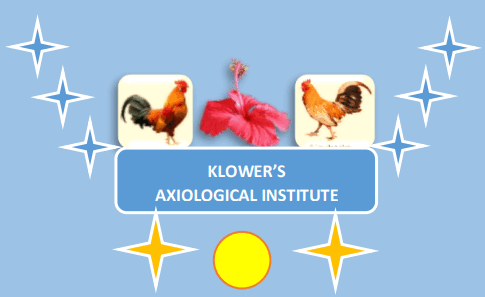Political Studies

About Course
This course is intended to be a prerequisite course to political science courses. It introduces students to the historical development of the concept of state and state management systems placing special emphasize on the development of political theories from the ancient Greeks to the modern political theories which led to the formation of Liberal Democratic States. It looks at Greek City States; Authoritarian Monarchies; Parliamentary Systems and modern Liberal Democratic States. The theories it introduces are the Contract Theories of Thomas Hobbes; and Utilitarianism of Aristotle; Jeremy Bentham; James Mill; John Stewart Mill discussing the three versions of Utilitarianism- Act Utilitarianism; Rule Utilitarianism and Negative Utilitarianism. It also discusses the impact of economics especially capitalism; market liberalism and globalisation on the political theories of state and state sovereignties. This course will set a background for understanding political systems and activities which will be the task of political science courses.
